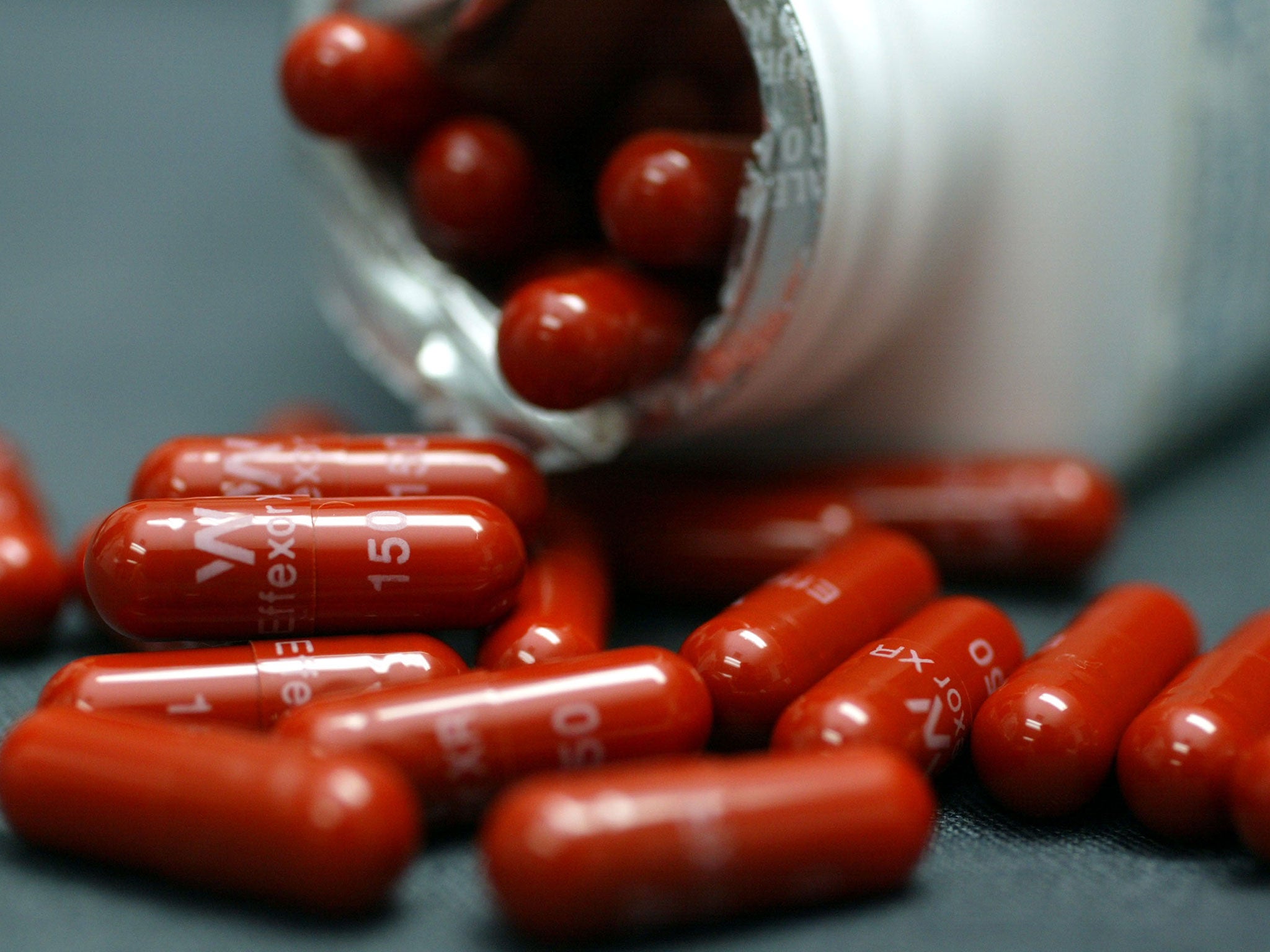Antidepressants changed my life, so don’t let the scare stories put you off
I was an emotionally and physically paralysed version of the person that I used to be. Without medical intervention, I would still be that person today


Antidepressants are often denounced. At a time when prescriptions for young people are at an all-time high, there has been a flurry of criticism that they’re either being doled out too easily or that young people are just "soft". Moreover, speculation of links between acts of violence and mass murder with antidepressants amplify a stigma surrounding mental health that is already damaging and out of control.
Of course, that is not to say that concerns about side-effects of antidepressants are invalid. As an article for The Independent pointed out, in a tiny minority of cases the side-effects can result in violent tendencies and psychosis. It is irrefutable that they are not for everyone, and medical professionals who observe damaging side-effects in patients often change or retire medication forthwith.
However when you see the claim that antidepressants could be a cause of acts of violence or terrorist attacks, remember that mental health patients are far more likely to be victims of violence than the perpetrators. In fact, violent crime statistics often contradict such sensationalist claims.
The stigma that is surrounding mental health is only made worse when they are linked – intentionally or not – to acts of barbarity. We are in dangerous territory when assertions such as this could easily stop those who genuinely need an intervention asking for it, especially as it is also irrefutable that they are life-saving for the vast majority who take them.
After several attempts with different selective serotonin reuptake inhibitors (SSRIs), the most commonly prescribed antidepressants, and with little success, it was an older tricyclic antidepressant that finally helped me recover from my gloom-ridden, dejected state.
Anybody who has experienced a mental health crisis will understand how difficult the little things are: getting out of bed, hopping in the shower, making yourself dinner – all daily tasks assumed to be effortless feel like the exact opposite. I was an emotionally and physically paralysed version of the person that I used to be. Without medical intervention, I strongly believe that I still would be that person today.
It is important to pick apart why antidepressant prescriptions have been soaring for quite some time. There is a tangible link between the uncertainty and anxiousness that the austerity agenda has caused and the increase in antidepressant usage. Moreover, with millennials arguably being the most economically stressed, debt-burdened generation in the country, it is not surprising to see this increase in prescribing to young people.
A mixture of therapy and prescription drugs had a meaningful impact on my life and made the world of difference. Without them, I would not be back in education or actively involved in political life. I certainly wouldn’t be writing this for The Independent.
The conversation about antidepressants needs to change. They are the last lifeline for millions of people who, for whatever reason, found their own lives intolerable. For one of the greatest inventions in modern medicine, they get an unnecessarily bad rap.





Join our commenting forum
Join thought-provoking conversations, follow other Independent readers and see their replies